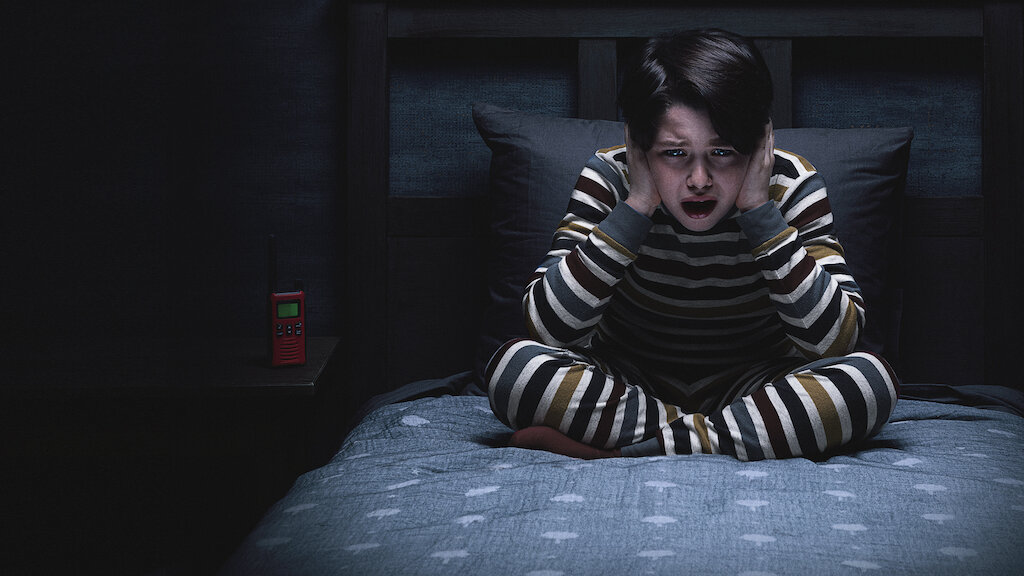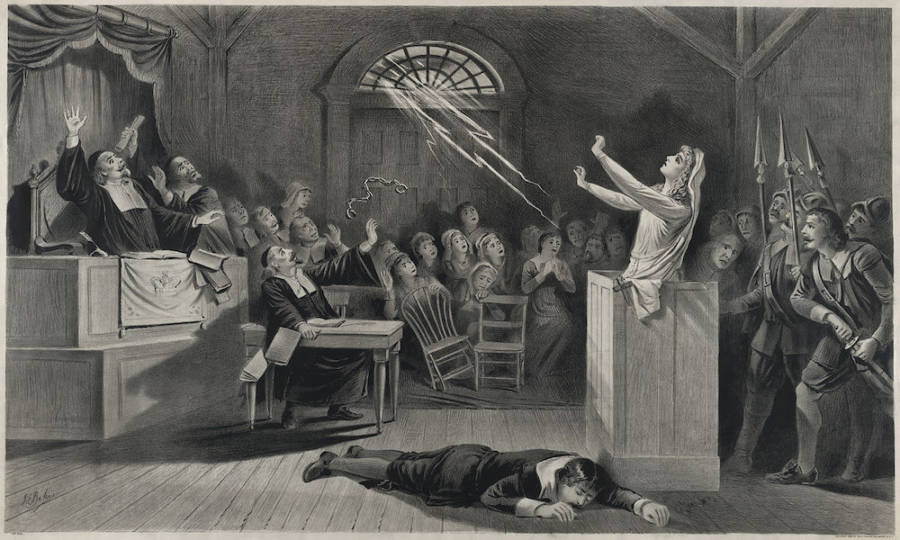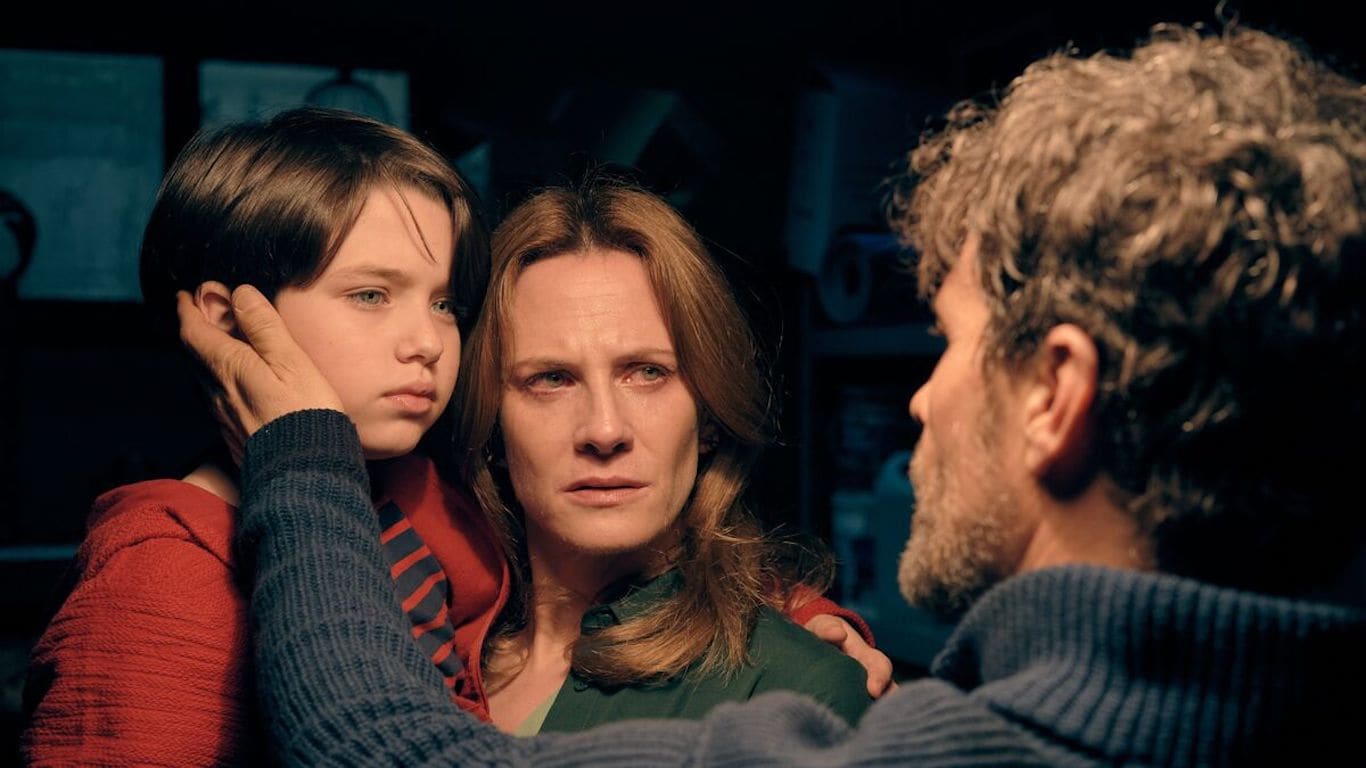Netflix’s ‘Don’t Listen’ is a story that recycles many tropes from the horror genre. However, it still manages to stand out due to its climax and brilliant acting by Rodolfo Sancho, Ana Fernández, Ramón Barea, Belén Fabra, and Lucas Blas. For some reason, horror movies become so much more petrifying if they’re based on true events. Are you curious if this is the case with this movie? Let’s find out. But consider yourself warned because there are possible spoilers ahead.
Don’t Listen: A Haunting Work of Fiction
No, ‘Don’t Listen’ is not based on a true story. In fact, the plot is very reminiscent of the fairly common storyline in which a family moves into a new house and starts witnessing strange occurrences, much like ‘The Shining’ or ‘The Amityville Horror.’ The protagonist, Daniel, makes a living by essentially flipping properties. His wife, Sara, and his son, Eric, move in with him to a new house. Soon, Eric claims that he can hear voices.

The parents are worried and call a psychologist. After a brief conversation with him, she determines that Eric’s imagination is overactive due to the relocation. One night, however, even Daniel notices that shady incidents are taking place in the house. Eventually, they find Eric, dead in the pool. Stricken with grief, Sara decides to go away for some time. Although she asks Daniel to come with her, he has to stay back and finish fixing the house.
After all, they’ve sunk all their savings into it as well. Before she leaves, they have a tiff, and he sends her a voice note apologizing later. But she points out that the message is not too clear. So he plays it back and hears Eric calling to him for help at the end. The desperate father then approaches the paranormal expert, Germán, to find out more about what happened to Eric. The two men, along with Germán’s daughter Ruth, launch an investigation.
This is when they realize that there is, indeed, a malevolent spirit on the property, and they try to eradicate her presence. The one real annal from history that the narrative does make use of to further the story is the witch trials in medieval Spain. While Salem may be the one place that is most associated with the practice, the reality was that matters were much worse under the Spanish Inquisition. It all goes back to the 17th century when the Catholic Church wanted to standardize religion.

As we all know, the witch trials had very little to do with witchcraft and a lot more to do with religious persecution. Many were deemed a heretic for simply rejecting the church’s teaching or abiding by their own beliefs. As an example, reports estimate that between 1609 and 1614, almost 7000 people were accused of witchcraft in the Basque trials!
It is imperative to keep this in mind since the witch in question was also subjected to inhumane torture before her death. The only difference is that the plot of the film establishes that she actually was evil even before she died. So while she did not deserve to die the horrible death she did, she was also one of the few people who somewhat fit the definition of a “heretic” in a twisted manner.
Read More: Netflix’s Don’t Listen Ending, Explained


You must be logged in to post a comment.